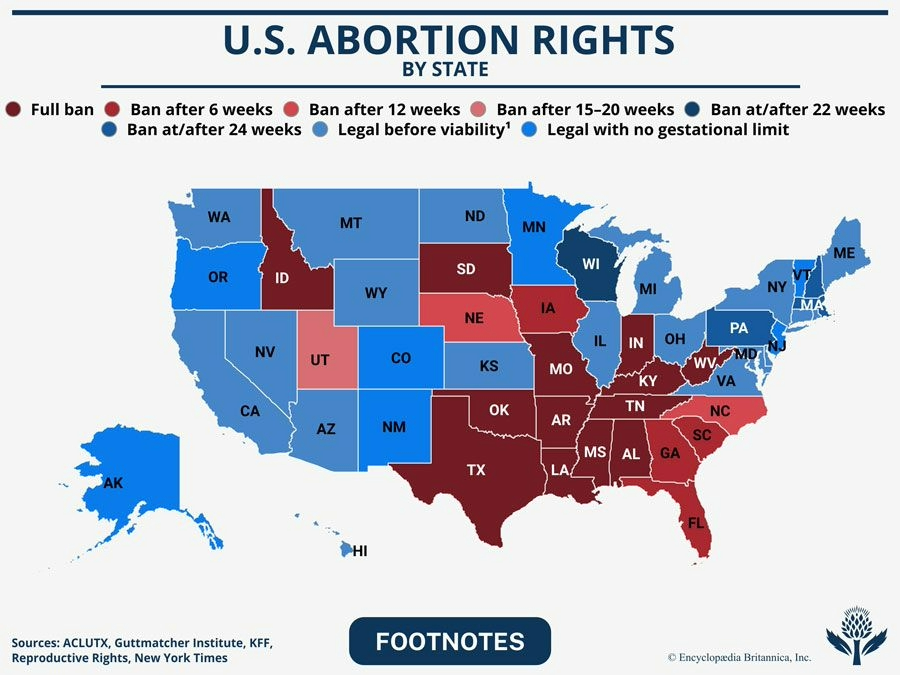If you’re facing an unplanned pregnancy in North Carolina, it’s important to understand your legal rights and the options available to you. As of July 1, 2023, North Carolina law prohibits most abortions after 12 weeks of gestation. However, there are important exceptions:
- Up to 20 weeks: Allowed in cases of rape or incest
- Up to 24 weeks: Allowed in cases of life-limiting fetal anomalies
- Any time during pregnancy: Allowed if there is a medical emergency
In addition to these gestational limits, an ultrasound is required before an abortion procedure can take place. This helps determine how far along the pregnancy is and informs the options available to you.

Step One: Confirm Your Pregnancy
Understanding the law is only the beginning. If you think you might be pregnant, the first step is to confirm your pregnancy with a medical-grade pregnancy test and ultrasound.
At Your Choices Randolph, we offer both services free of charge. Our ultrasounds help determine:
- How far along you are
- If the pregnancy is located in the uterus (ruling out ectopic pregnancy
- Whether the pregnancy appears to be developing normally
This information is essential in understanding what choices are available to you, especially under current state law.
Step Two: Know Your Abortion Options and the Risks
Once you’ve confirmed your pregnancy, it’s time to gather facts about the different types of abortion procedures and their risks. Here’s a breakdown of the two most common methods:
Surgical Abortion
In this procedure, a suction device is used to remove the embryo from the uterus through the vagina. It’s typically done at a clinic, and most patients are sent home the same day. However, complications can occur and may require a visit to the emergency room.
The Abortion Pill
Despite the name, the abortion pill involves two medications:
- Mifepristone: Taken first, usually at a clinic. It blocks progesterone, a hormone essential for pregnancy, causing the embryo to stop growing.
- Misoprostol: Taken at home 24–48 hours later. It causes the uterus to contract and expel the pregnancy.
Understanding the Risks
While abortion is legal and common, it’s important to be aware of potential medical risks, including:
- Uterine Perforation: A rare complication where surgical instruments may accidentally puncture the uterus.
- Incomplete Abortion: Not all tissue may be expelled, potentially leading to infection and requiring emergency care.
- Asherman Syndrome: Scarring in the uterus from repeated surgical abortions, which can affect future fertility.
- Impact on Future Pregnancies: Some studies suggest increased risks of premature birth or low birth weight in later pregnancies after surgical abortion.
- Allergic Reaction: Though uncommon, some people may experience anaphylactic shock from misoprostol.
- Pelvic Inflammatory Disease (PID): Bacteria introduced during a surgical abortion can lead to a serious infection in the reproductive organs.
Your Next Step
You don’t have to navigate this alone. At Your Choices Randolph, we’re here to provide the accurate, unbiased medical information you need to make a fully informed decision.
Whether you’re just confirming your pregnancy or considering your options, our caring team is here to support you every step of the way.
Contact us today to schedule your free appointment.
